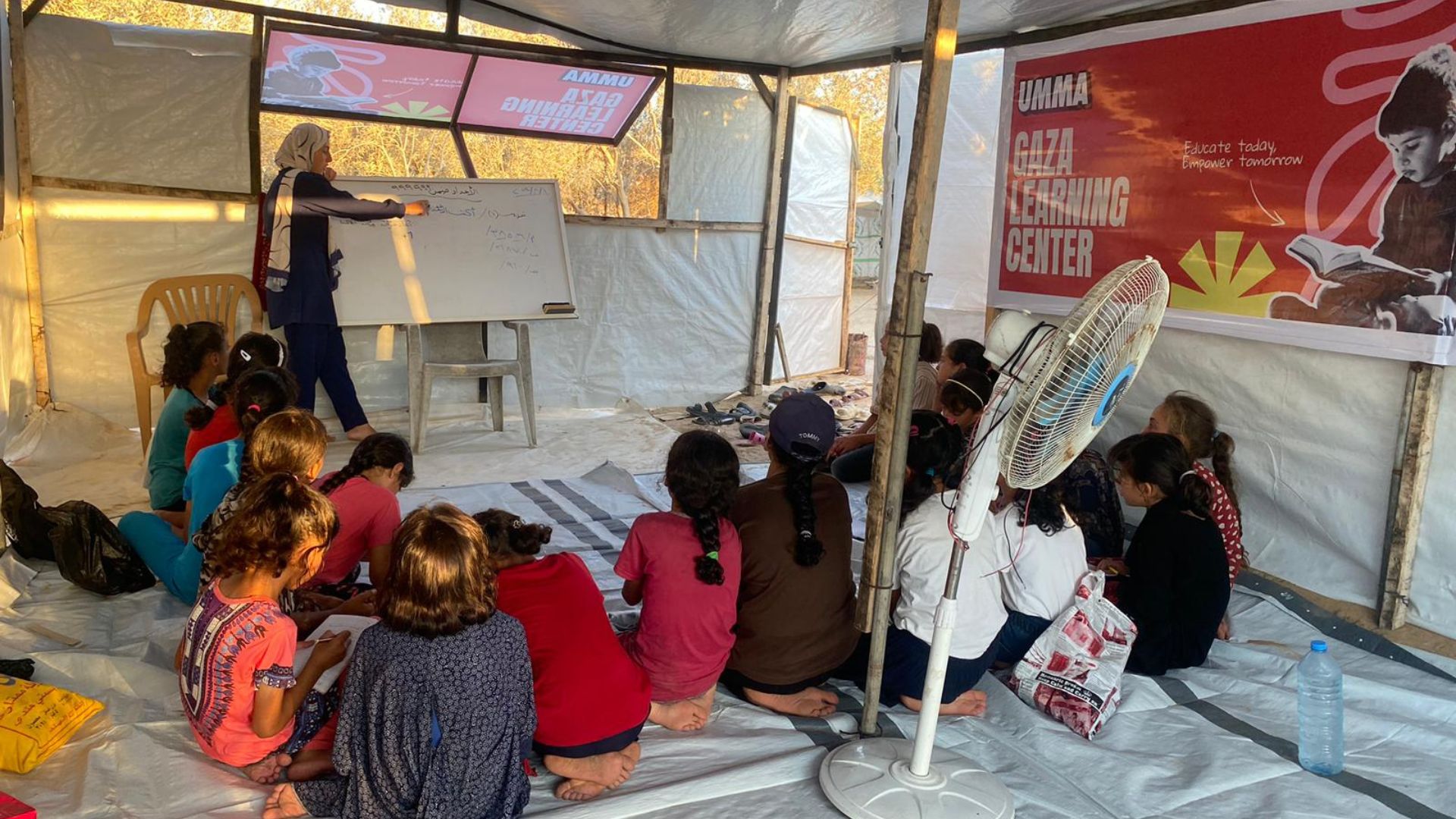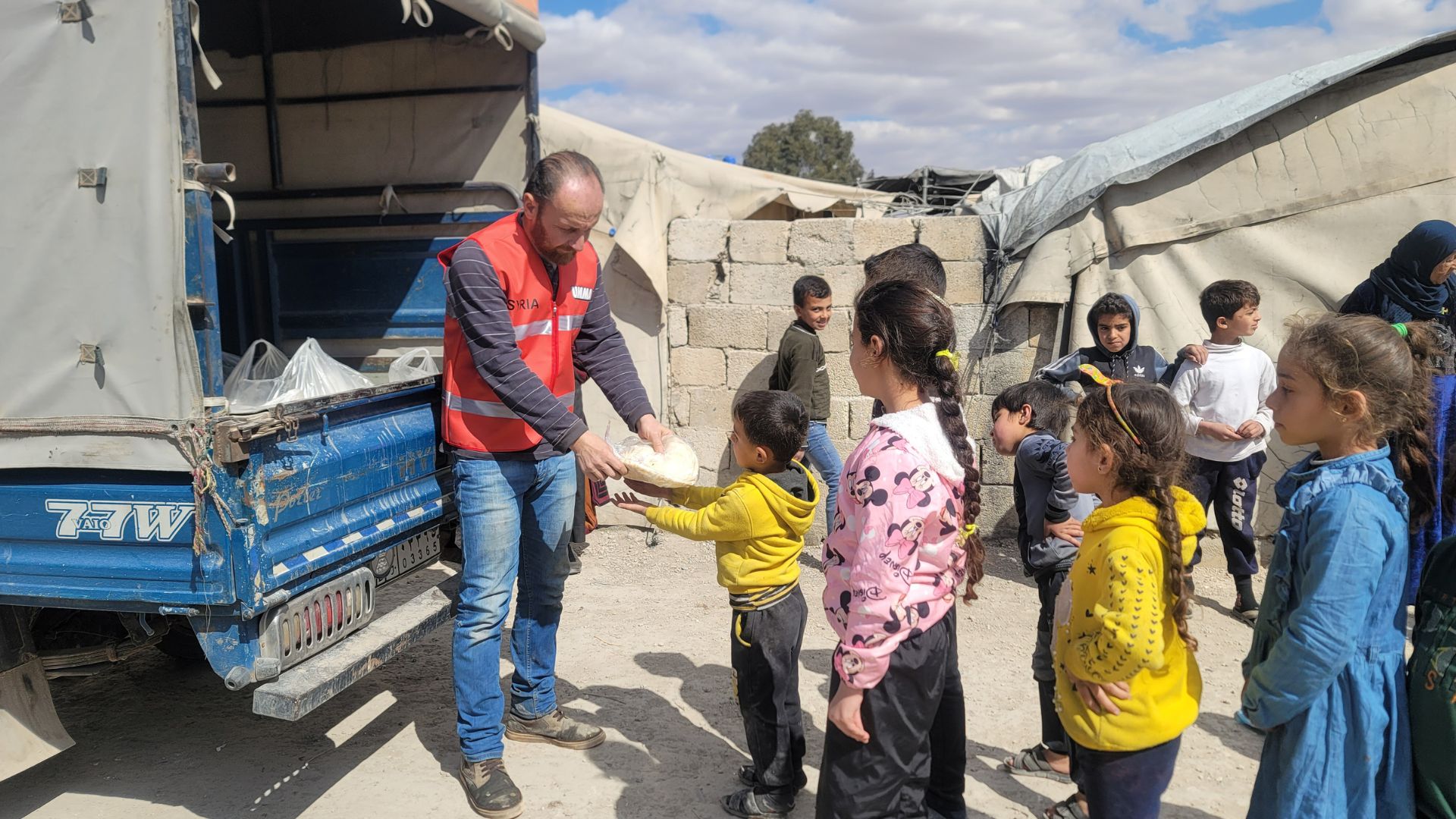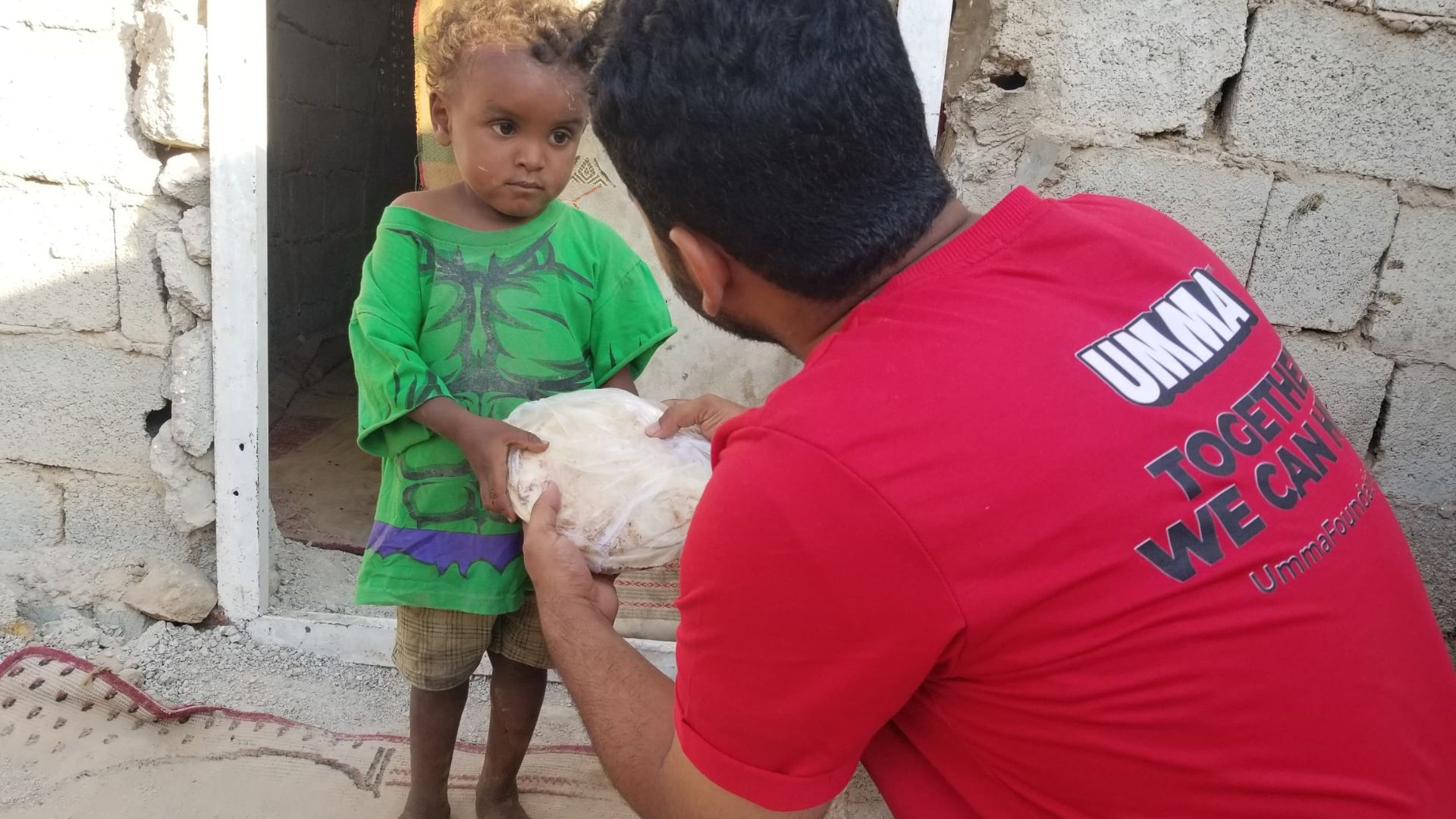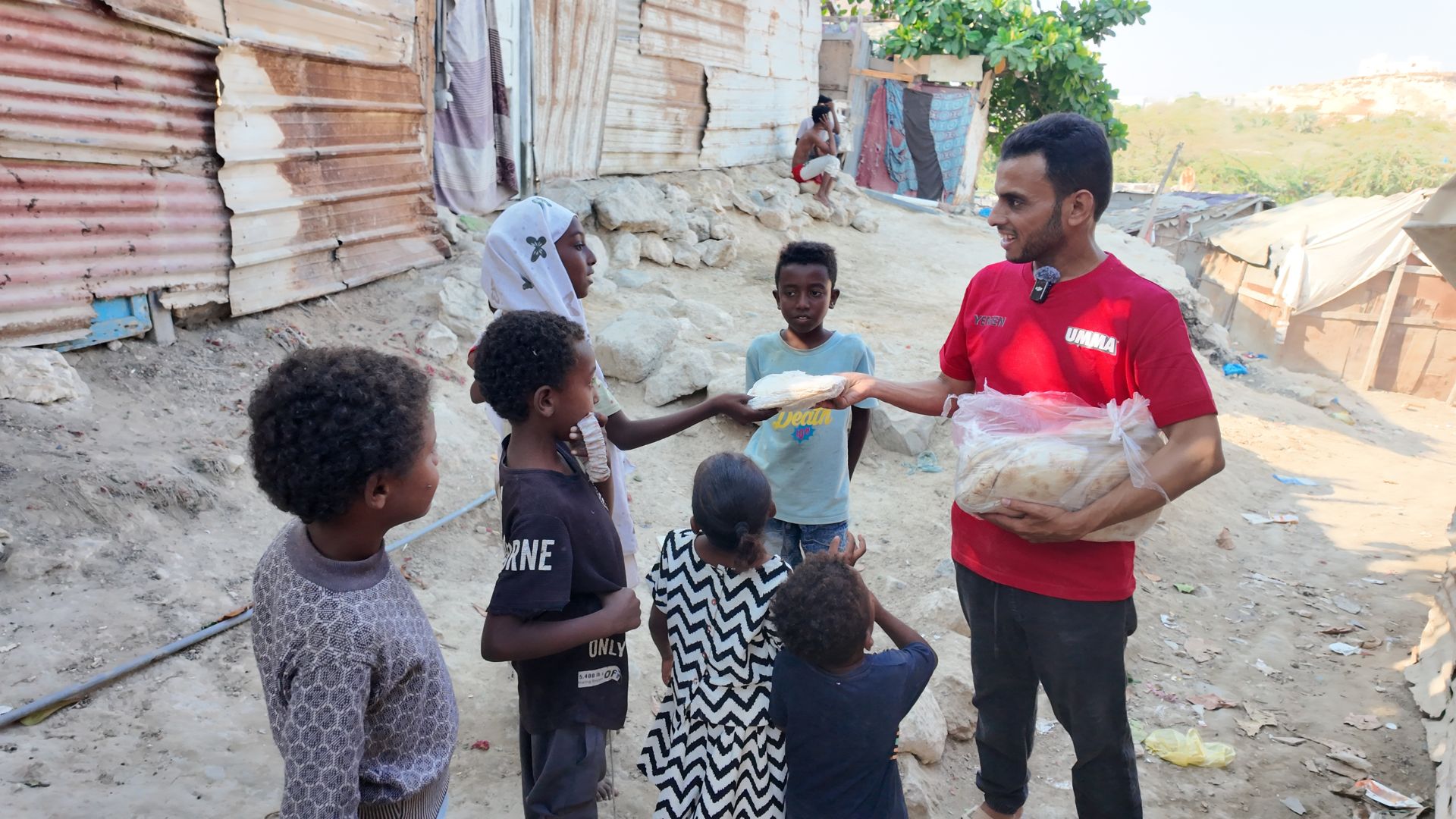When the guns fall silent in Gaza, the silence is not peace — it is the beginning of recovery.
Families return to shattered homes, children search for classrooms that no longer stand, and aid workers race against time to deliver essentials.
Yet amid the ruins, compassion endures.
Across Gaza, the latest ceasefire offers only a fragile reprieve, but for humanitarian organizations like Umma Foundation, it is also a window of hope — a chance to rebuild lives, restore dignity, and rekindle education for children who have known nothing but war.
The Humanitarian Landscape After the Ceasefire
According to the UN Office for the Coordination of Humanitarian Affairs (OCHA), more than 2 million Gazans continue to face severe food insecurity, and over 80% of the population relies on aid for survival.
OCHA Gaza Situation Report
Infrastructure remains devastated — hospitals struggle with fuel shortages, and clean water is scarce. As of mid-2025, the World Food Programme (WFP) estimates that 1 in 2 families do not have enough to eat.
WFP Gaza Crisis
But beyond survival lies another battle: rebuilding hope.
Life After the Ceasefire: Rebuilding the Fabric of Community
The ceasefire has given Gaza a narrow space to breathe — to repair homes, reopen schools, and reconnect families separated by months of conflict.
UNICEF reports that more than 625,000 children have lost access to safe education spaces.
UNICEF Gaza Crisis
Community-led rebuilding projects — supported by local NGOs like Umma Foundation — are restoring what truly defines resilience: togetherness.
From neighborhood bread ovens to temporary classrooms, Gaza’s people are showing the world that recovery starts from within.
Umma Foundation’s Response: From Emergency Relief to Long-Term Recovery
Umma Foundation has been on the ground supporting local partners who distribute bread, trauma kits, and school materials to displaced families.
Every program — from food aid to education — is designed around faith, accountability, and community empowerment.
👉 Join Umma’s Campaigns
👉 Give Monthly
In recent months, Umma has:
- Supported the delivery of thousands of fresh bread packages to shelters across Gaza.
- Provided emergency learning kits for children in Rafah and Deir al-Balah.
- Partnered with local teachers to reintroduce schooling in safe community hubs.
Transparency is central to Umma’s work — every contribution is traceable and publicly disclosed.
📖 Financial Disclosure
Education: A Lifeline Beyond the Rubble
For Gaza’s children, education has become more than learning — it is a shield against despair.
Temporary classrooms, digital lessons, and peer-to-peer teaching have replaced traditional schools.
UNESCO emphasizes that “education is the first step toward peace in times of crisis.”
UNESCO Education in Emergencies
In partnership with Save the Children, Umma Foundation supports child-safe spaces where learning and emotional healing intersect.
Save the Children Gaza Response
These initiatives prove that even in war’s aftermath, a book or a blackboard can be a symbol of resilience.
Feeding Families, Restoring Dignity
Nothing symbolizes recovery like bread.
For families who have lost everything, Umma Foundation’s Bread Distribution Program provides daily sustenance and a sense of stability — a reminder that the world still cares.
Local bakers, supplied through Umma’s campaigns, bake thousands of loaves each week, ensuring no family goes hungry.
Campaigns
Food is not just nourishment — it is dignity, shared and multiplied.
Faith in Action: The Power of Compassion
Faith-based humanitarian work plays a unique role in rebuilding Gaza.
In times when hope seems distant, faith gives structure to recovery.
Umma Foundation operates with the belief that compassion transcends borders — that helping one family rebuild is a step toward global healing.
Faith communities around the world are joining Umma’s call to sustain Gaza’s future through monthly giving and collective prayer.
Global Solidarity and the Road Ahead
International agencies stress that recovery cannot succeed without coordinated humanitarian access.
- UNHCR highlights that half of Gaza’s displaced population are children.
UNHCR Gaza Updates - World Bank research warns that rebuilding Gaza’s infrastructure could take more than a decade without sustained international aid.
World Bank Gaza Overview
For NGOs like Umma Foundation, this means moving from crisis response to resilience-building — ensuring that food aid evolves into livelihoods, and classrooms become centers of renewal.
What You Can Do to Help Gaza Rebuild
- 💸 Donate: Fund emergency food kits or support school reconstruction.
👉 Join Umma’s Campaigns - 🤝 Give Monthly: Become part of Gaza’s long-term recovery story.
👉 Give Monthly - 📣 Advocate: Share verified stories of resilience, not despair.
- 🧾 Stay Informed: Learn how transparency ensures impact.
👉 Financial Disclosure
Conclusion: Hope Beyond the Ceasefire
A ceasefire does not end suffering — but it can begin healing.
In Gaza, hope is rebuilt one act of compassion at a time: a loaf of bread shared, a child learning again, a home repaired.
As Umma Foundation continues to walk beside Gaza’s families, its mission remains clear — to turn survival into renewal, and tragedy into transformation.
Because even in the ruins, humanity endures.











